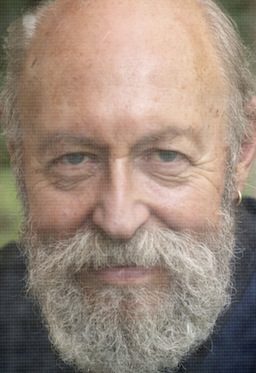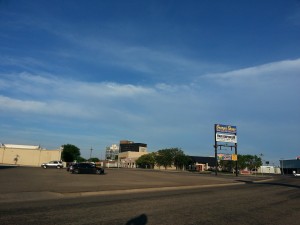
Texas!!
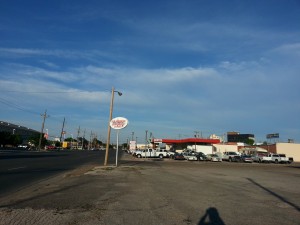
Texas
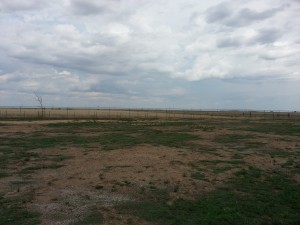
The rest of Texas

Coral’s candy-flake fingernails

Texas!!

Texas

The rest of Texas

Coral’s candy-flake fingernails
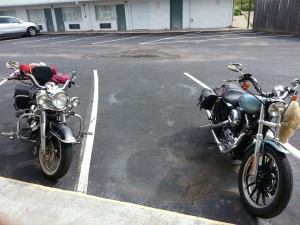
Sunshine!!
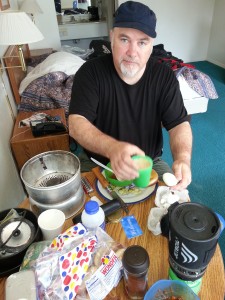
Latte – Joe’s motel room special
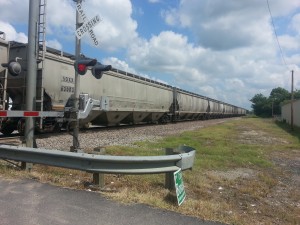
Train – you missed the first 25 minutes
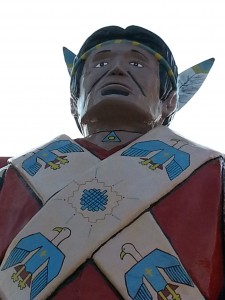
Big chief
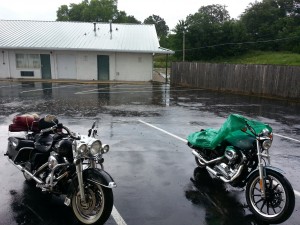
Rain
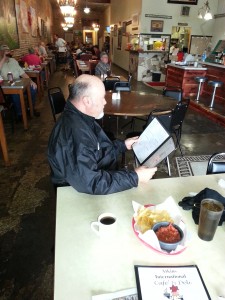
Diner
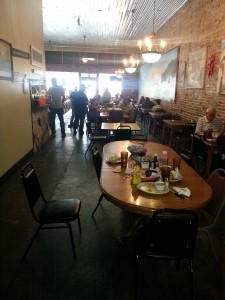
Diner (reverse)
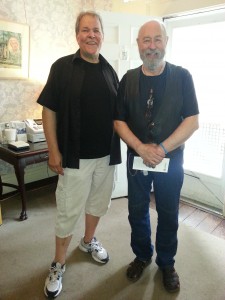
Patrick Russell, forty years on
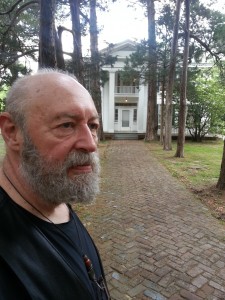
Rowan Oak
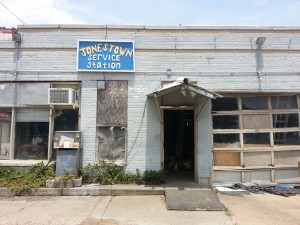
Jonestown Service Station
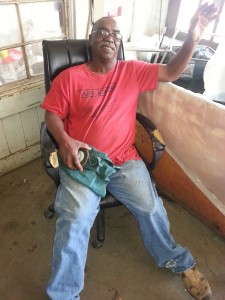
Donal
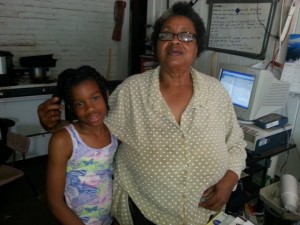
Melody & Lavorn
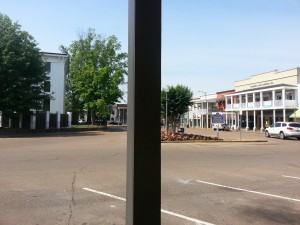
The Square
The Square is much smaller and cosier than a photograph can easily convey. On the left, among trees, the courthouse – burnt down by Union troops but rebuilt in the 1870s – around which the houses of the Square cluster protectively.
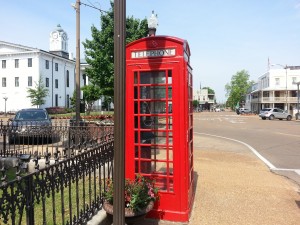
Phone booth a l’anglaise
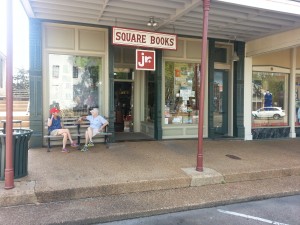
The celebrated bookstore
(one small storefront of)
Fortunately found, two Oxford ladies who could have stepped out of a Faulkner novel, sitting talking outside one of the numerous sections of the Square Bookstore that dots the periphery of the Square, composing one of the most famous – Mississipians say the most famous – bookstore in the world. As befits Ole Miss (the place and the university) and William Faulkner.
